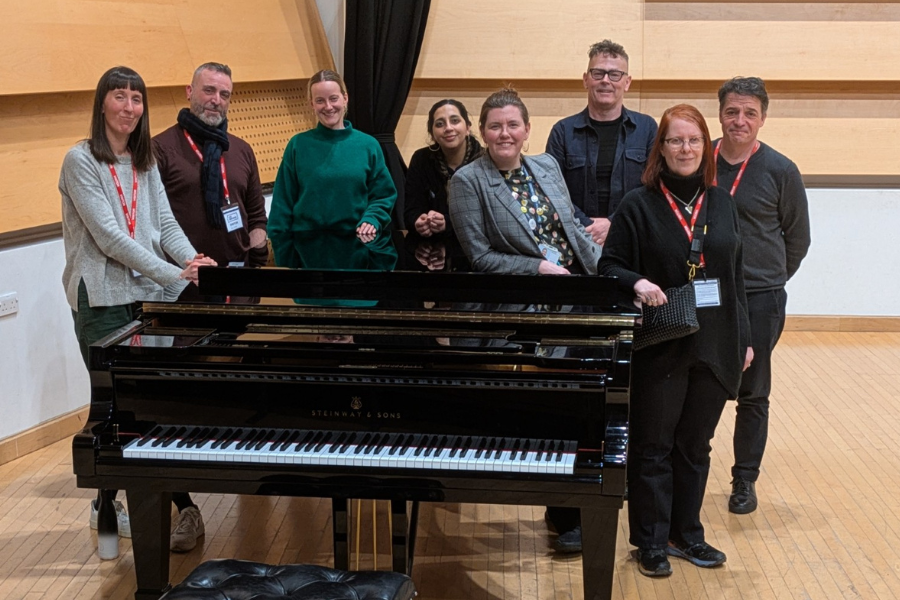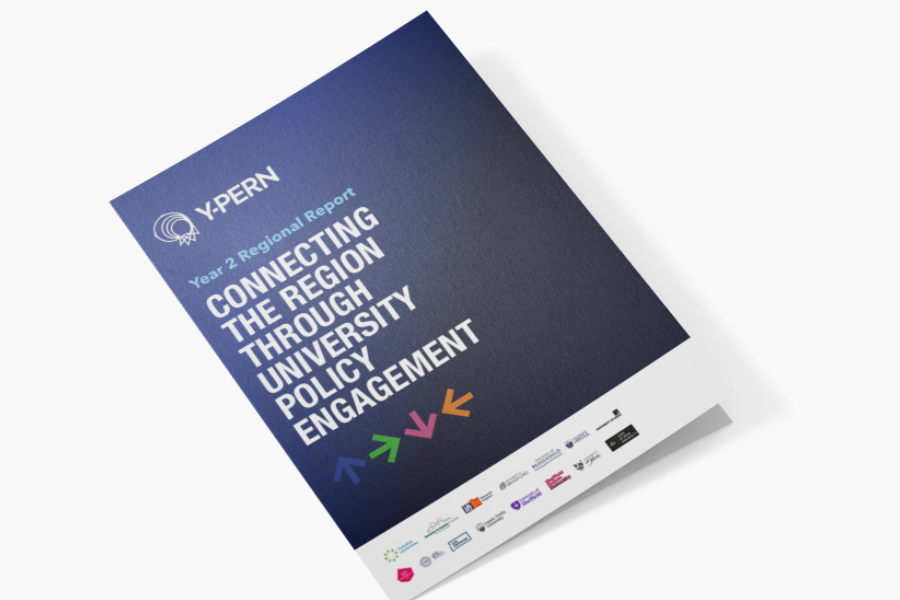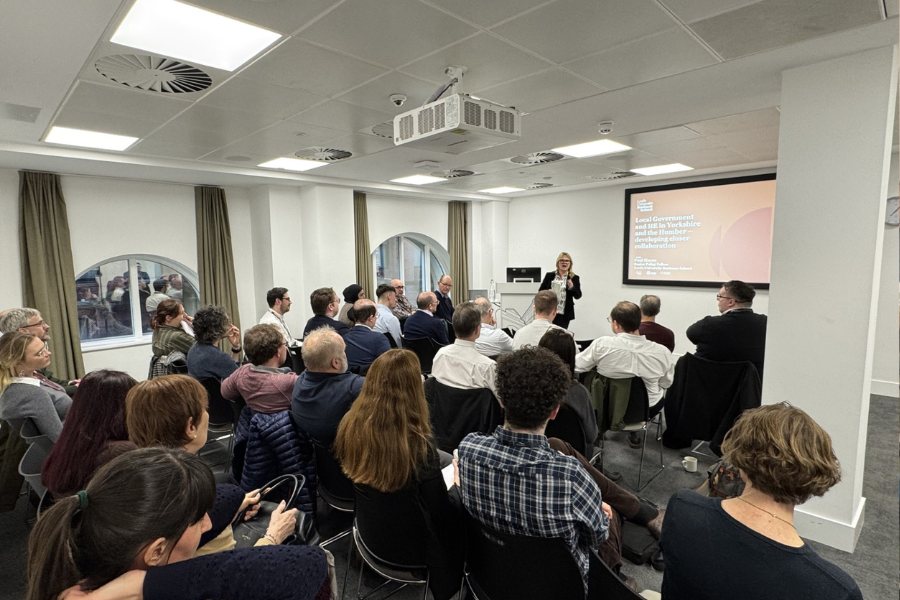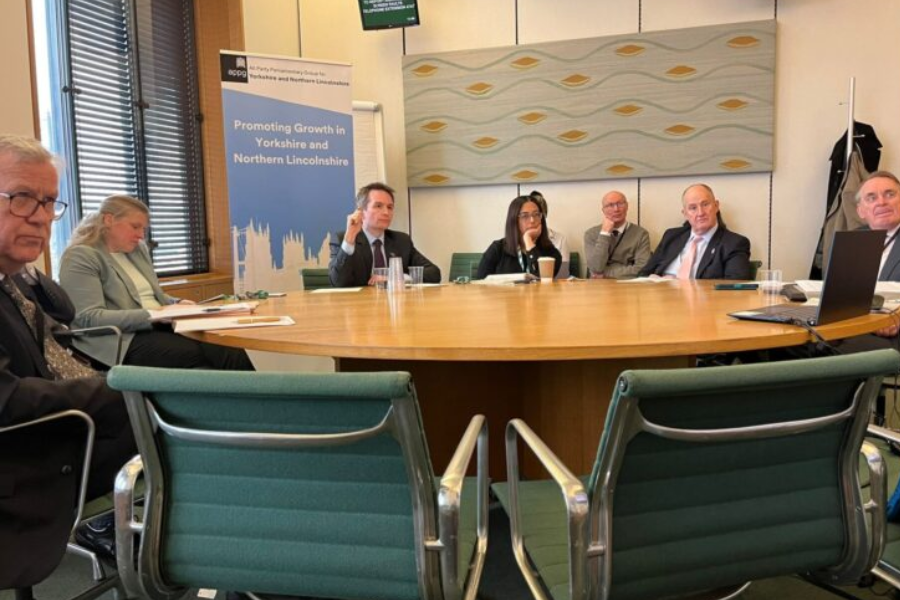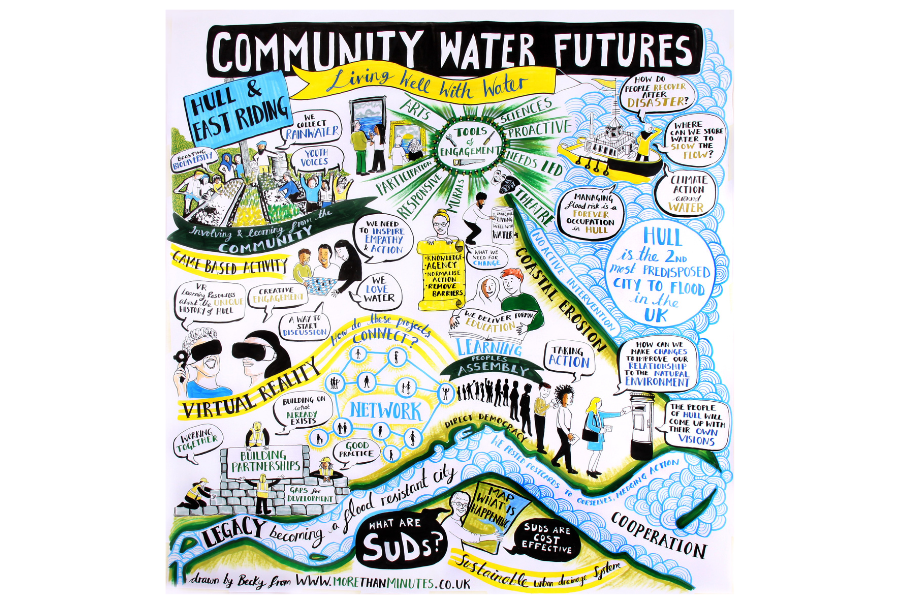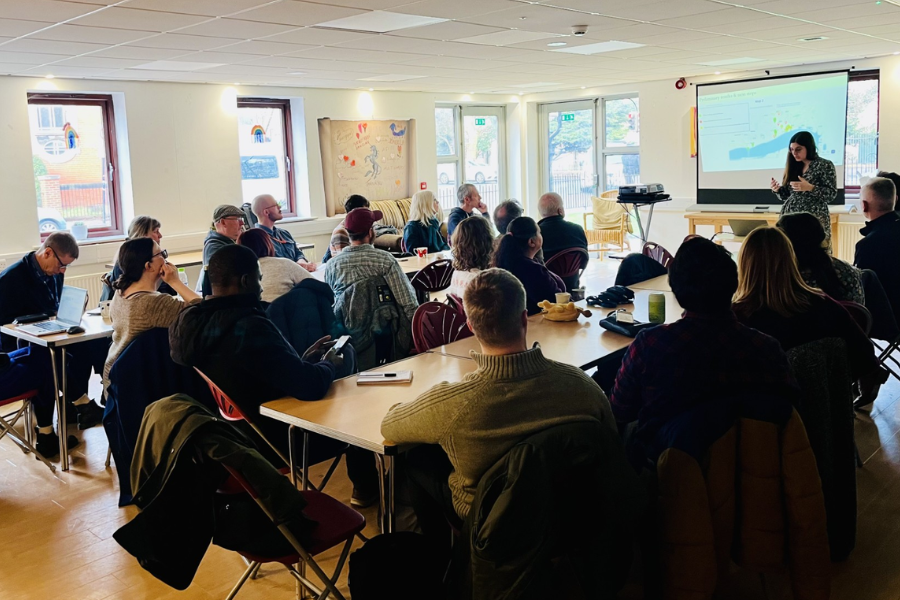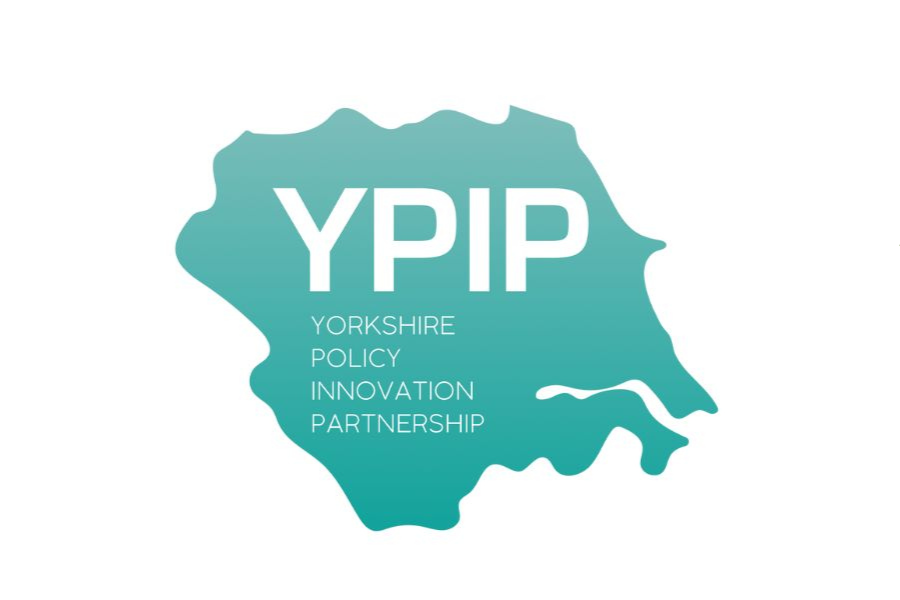On Tuesday 18th February, leaders and representatives from Y-PERNs smaller and specialist universities met at Leeds Conservatoire to explore the specific challenges and opportunities they faced in undertaking academic policy engagement. Participants from Leeds Arts University, Leeds Conservatoire, Leeds Trinity University, and York St John University discussed how Y-PERN can best build capacity, resources, and activities that provide value to them and the wider Y-PERN network while enhancing their unique role and contribution.
It was noted that there was widespread appreciation amongst smaller and specialist universities for their shared association of Y-PERN and feeling part of a network that larger universities sit within. There was though a divide between larger Y-PERN institutions that measure impact of policy and our specialist and smaller universities who focused predominantly on developing graduate skills, retention and employability and also professional practitioner expertise through teaching and research.
Participants highlighted that the extensive expertise of smaller and specialist universities is not always research focused, so can sometimes be more difficult to identify and value in more typical forms of academic policy engagement. This expertise is however deeply valued by policy partners and can inform evidence-based policymaking as impactfully as more traditional research policy collaboration and knowledge mobilisation.
For example, Leeds Conservatoire have invested considerable time in curating and maintaining practitioner-based networks such as the West Yorkshire Music Network which evidence the impact of expertise-led policy engagement working with broad range of policy, public sector, business, voluntary organisations, charities, and community groups associated with arts, heritage, and culture. However, there was a need to enhance the resonance of creative and cultural economy and better integrate with other areas of social and economic policy such as health, transport, crime, and local growth.
The workshop also explored issues of resource and capacities associated with smaller and specialist universities. It was noted that there are many factors to consider, such as staff time, budgets, and the organisational structuring (with some of our universities not having specific research or knowledge exchange capacity). It was noted that what resources are available must be focused on areas of activity that promote student recruitment and the distinctive areas of research which connect to teaching and practice-based professional development. There was as such a need to adopt a more agile and adaptable approach to support smaller and specialist universities that appreciates such challenges and reflected their diversity of key interests.
One key area identified which was seen as delivering value and impact to Y-PERN’s smaller and specialist universities is the training of academic and professional staff to better engage in its work. Y-PERN and its partner universities have hosted a range of training activities and events. It was acknowledged however that there was a need to scale up training activities to develop expertise as this would allow for more opportunities to undertake policy engagement to be realised.
Colleagues from York St John University noted that the York Policy Engine had provided several opportunities including two members of staff participating in York Policy Academy programme at the University of York and other training initiatives. Participants encouraged other larger Y-PERN universities to support smaller and specialist universities in similar ways to support extended peer-to-peer learning across the network, with larger universities representing the interests of smaller and specialist universities in conversations they are not present at.
The workshop participants also discussed how to work more closely with Y-PERN’s Policy Fellows to enhance the resonance and impact of expertise and network building provided by smaller and specialist universities. It was noted that they could play a key role in the developing of Areas of Research Interest (ARIs) and multi-partner communities of practice at a local and regional level, both in shaping existing policy areas and in developing creative and cultural ARIs. They also considered how they might develop staff exchanges and secondments to policy units within the larger universities and with local and combined authorities.
The workshop concluded by identifying several proposals to draw on and address some of the key issues discussed. A short report for publication will be produced from the workshop and Y-PERN will report findings back to relevant stakeholders with recommendations for future policy engagement collaborations with our smaller and specialist universities.

